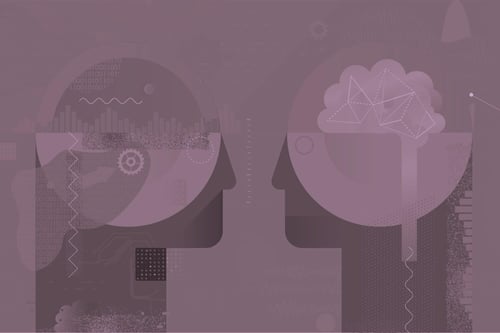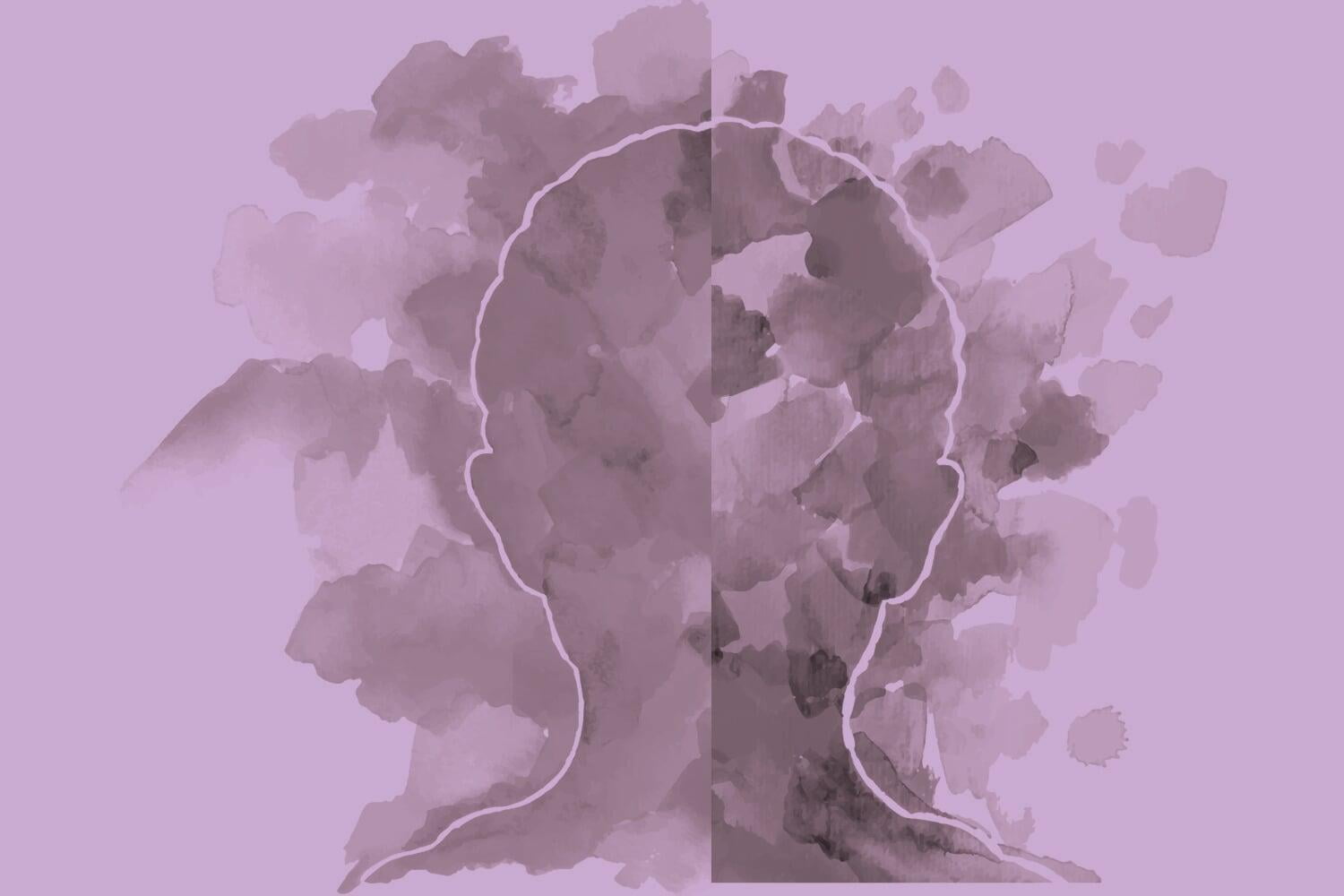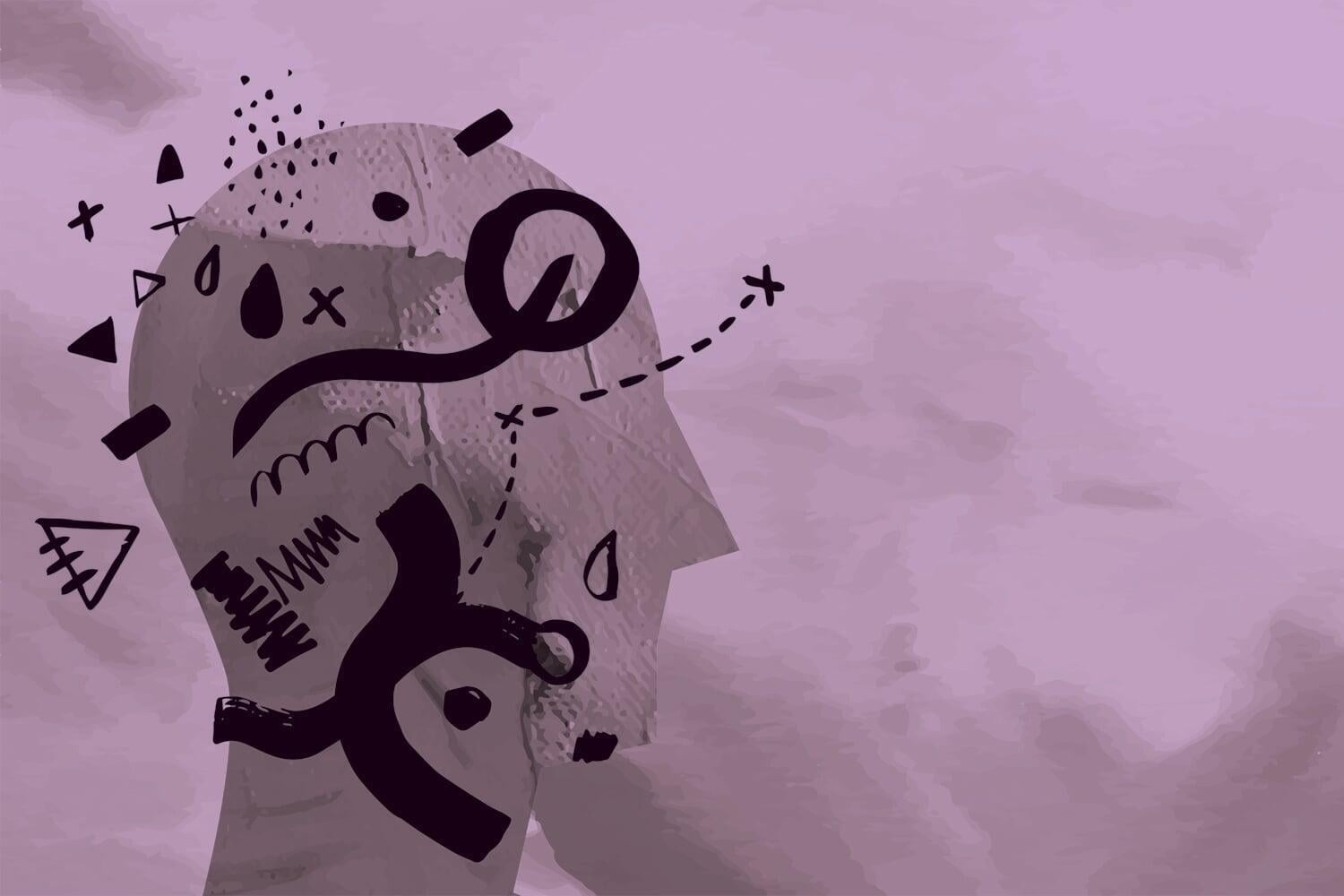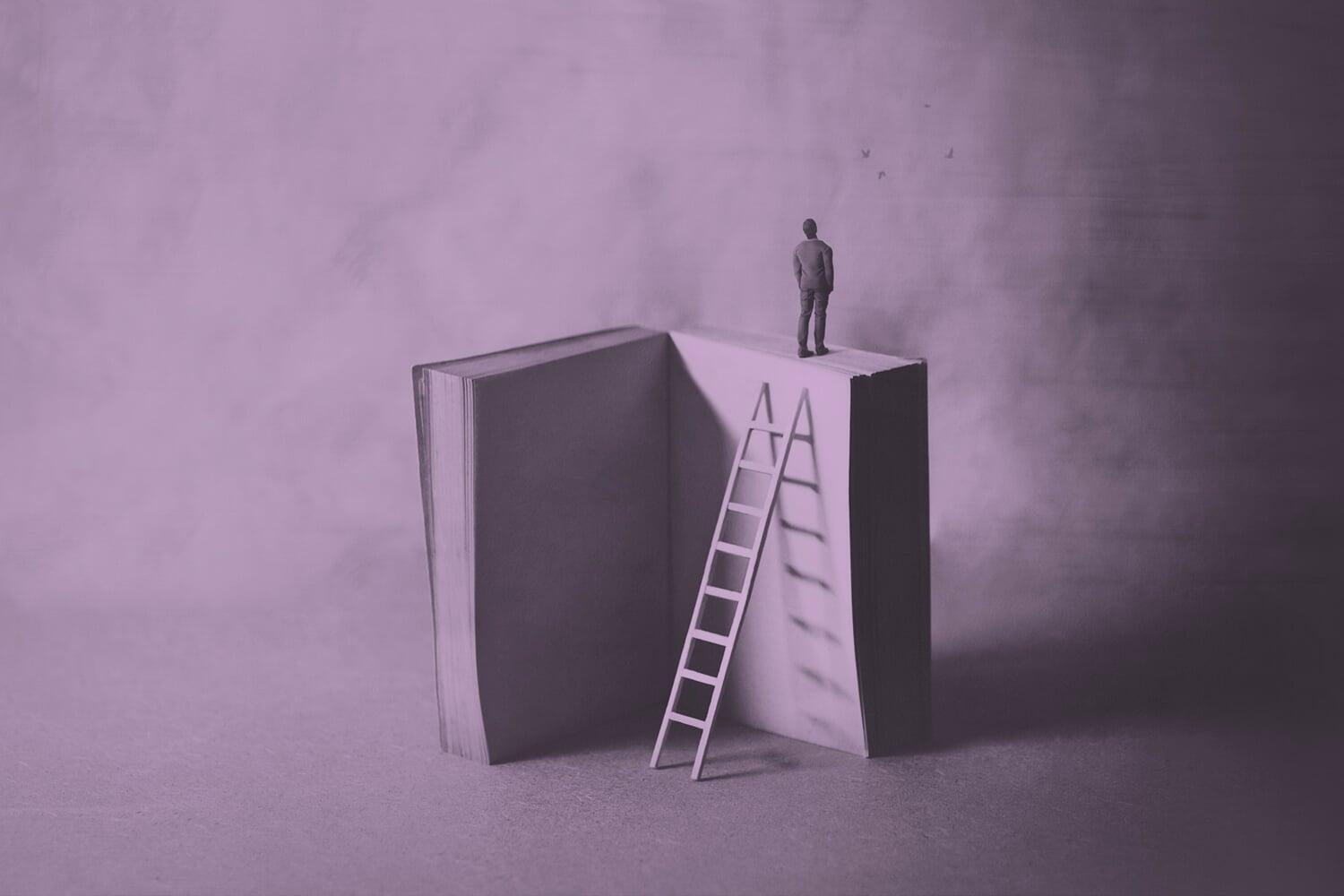Game Changers | Work | A School for Tomorrow
An Education to Learn
What is an education to learn in a school for tomorrow? In a School for tomorrow. we want to influence a research-driven community of inquiry and practice to find a way to educate students to learn the character, competency and wellness required to thrive in our world. This community needs to cultivate a growth mindset, empower learners, and personalise learning so that all can learn the self-awareness of knowing themselves through asking: who am I? 
FINDING THE WAY TOGETHER
Schools are much better at fulfilling their mission when their community of inquiry and practice collaborates to achieve better outcomes for more learners. They need to find and agree on a way that they do this if they want to become a School for tomorrow.
The Way refers to a research-driven and evidence-based approach to building a School for tomorrow. It equips educators in a community of inquiry and practice with an approach to building the education, culture, leadership and performance to develop the character, competencies and wellness that empower students on The Pathway To Excellence to acquire the adaptive expertise and self-efficacy required for them to thrive in their world. Based on the past decade of research work by the team at CIRCLE - The Centre for Innovation, Research, Creativity and Leadership in Education. The Way proposes 8 essential learnings:
- We are called as educators to help others to strive for excellence and to develop their character and competencies.
- Character is why we do school.
- What educators think about character matters.
- Character is the whole work of a school.
- Development of character, competency and wellness relies on relationship.
- An education for character, competency and wellness education works best when it’s deliberate, targeted and intentional.
- School leaders show the way forward
- A good school focuses on the whole education of the whole person – a great school assembles the ingredients of high-performance culture in delivering this education.
How The Way works in practice works depends on context. We know that the world is always changing; what once might have worked is no longer appropriate. We do not believe that there is one solution for all learning contexts; off-the-shelf, one-size-fits-all approaches do not work. So, we can’t expect there to be a single teaching practice or set of practices which can or should be prescribed to teachers as “the answer”. We are, therefore, agnostic to specific pedagogies and look instead to their impact: promoting the connections in a learning experience that increase their self-determination, enhance their adaptive expertise and self-efficacy, and build their growth, competence and wellness by sharing a growth mindset, moving students from engagement to empowerment, and personalising education.
“We will continue to educate for the realisation of maximum human potential ... The spirit of endurance will continue to be nurtured, despite much of society’s preoccupation with the instant and the short-term. We will nurture the courage to stand up and speak out and take action. We will continue to celebrate simplicity and beauty, and nurture imagination while also celebrating the miracles of technology. We will continue to foster tenacity above lack of commitment and we will not surrender the spirit of service. And in a world of takers, we will continue to ensure that the sense of dedication is not overtaken by a competitive desire to get what we can for ourselves.” Julie Gillick.
SHARING A GROWTH MINDSET
Largely due to the significant work of Dr Carol Dweck and advances in our understanding of how the brain works, we understand now that people can and do learn throughout their lives. Consequently, we no longer think of education as a process whereby older people transmit as much of a fixed body of knowledge to younger people as possibly before their brains stop taking this information in. Instead, we think of education as a life-long process; the competencies we develop in our students at an early age act as a springboard for learning on an ongoing basis for at least the rest of their working lives, if not beyond that also.
The consequence for educators is that we too must ensure that we commit to, adopt and nurture a growth mindset. We need to be engaged in a continuous process of both professional learning about our craft and our discipline, as well as research and development into our own practice, all within professional learning communities. This all needs to take place within an understanding of the dynamic and fluid nature of our world. We can no longer create and sustain schools that exist in a mode and with a physical appearance that is nostalgic for former times; the environment itself must mirror the fast-changing, technologically rich and adventurous nature of the world into which our children are entering before they have even completed their time with us.
Contemporary educators and leaders understand that while we should respect the legacy of those who came before us, past performance is no great predictor of future success in a rapidly changing world where what made one successful previously may encourage us to cling to old habits that will lead to our decline in the future.
As such, we should embrace the need to adopt a disposition towards change and engage in continuous learning and unlearning, for our students, our teams, our school and ourselves. Thus, as our world is growing, we must too grow. We need to anticipate and prepare for the changes that are always coming, while holding onto the values and beliefs that stand true in an enduring fashion. In our setting, this is most profound when we realise our role is and has always been to empower learners.
EMPOWERING LEARNERS
So, what motivates all learners to move from engagement to empowerment? We need to focus on the inherent psychological needs that are the basis for an individual’s human motivation, personality development and behaviour self- regulation. To do so, we need to differentiate between autonomous (intrinsic) motivation and controlled (extrinsic) motivation. Perhaps no single phenomenon reflects the positive potential of human nature so much as human motivation. When an individual is driven by intrinsic motivation, he or she feels self-directed and autonomous; when an individual is driven by extrinsic motivation, he or she feels pressure to behave in a certain way and experiences little to no autonomy. In the context of achievement at school, intrinsic motivation is bound and influenced by a set of beliefs and self-perceptions individual students develop in their classes, teams and other activities. These include:
- Attitude and awareness
- Interest, relevance and curiosity
- Value
- Self-concept
- Self-efficacy
- Goal setting and goal reaching
If students aren’t empowered, they won’t invest in the process to build the required content, attain mastery, and ultimately apply what they are learning. We, as educators, can have an influence on student motivation and the profoundness that is born from purposeful learning, one that moves from engagement to empowerment. Harnessing the power of intrinsic motivation through connection rather than extrinsic reward can be thoroughly satisfying and much more effective. Once students become motivated to achieve, they will eventually exert their effort, time, and energy through applying their increasing capacity for adaptive expertise and self-efficacy towards becoming better at becoming better versions of themselves. They will begin to self-actualise because they can self-determine. They will be growing in character, competencies and confidence and using these to solve known and new problems – adaptive expertise. They are organising themselves and their learning, living, leadership and work to optimise their character, competencies and wellness so that they can thrive in their world – self-efficacy.
PERSONALISING EDUCATION
The nature of the process and output of education is the third major area of change in the roles of the teacher over the past quarter of a century. Our model of education used largely to be about the movement of larger and smaller groups of students around a standard experience of life at school. The expectation was that each would receive, more or less, the same sort of experience as others, perhaps modified by a placement into a particular pathway or stream. Nonetheless, it was a combination of sameness, average and rank that determined the nature of this experience. Students were defined by how they sat relative to the group and its norms. Parents largely sat by and allowed the sociological structures of school to take care of this experience for them.
Times have changed, however, as parents are becoming more and more engaged in the schooling of their students; we taught them to believe in the value of education and so they are prepared to invest their time in direct participation in the education of their children, much to the chagrin of some of us. Increasingly, parents all across the world also expect, regardless of the fee level of the school, that what will be delivered to students is excellent in quality and exceptional in outcomes, assisting their children to enhance their life prospects and enhance who they are, what they understand, what they can do and how they succeed in relation to their sense of self.
In other words, the experience of education is more and more being led to the attainment of individual belonging, fulfilment of potential, and capacity to do what is good and right in the world, rather than the satisfaction of standardised criteria and a set canon of knowledge and skills. This is the area with which most schools are still coming to terms. The challenge of reconceptualising education in this way is hard; it requires us to think of how individuals learn best, how we might most successfully engage and progress them in this learning, and how we might tailor the whole shape of school to allow for a mix of individual and group processes and outcomes. All of the while, we remember that the object of all of this is character, competencies and wellness that are dedicated to the furthering of selfless aspirations rather than selfish desires. The best version of our students comes from them learning self-awareness, relationship, service and calling on The Pathway to Excellence.
All of this is dependent on our own capacity as educators to be able to welcome change both on a personal and professional level. The essential competency for us in this is “change readiness” which describes the capacity of the learner to approach situations with an open and agile mind, to assemble and master a dynamic and volatile body of knowledge, and to evaluate and implement quickly and decisively solutions, based on a combination of past practice, current experience and the anticipation of future needs. We also need not only to value our own work, but to recognise what we can do to equip each and every learner with the character and competency that they need to thrive in the world. This arises from the relationships we build with them, the values we teach them, and the belief we have that we can and should make this difference in their lives.







